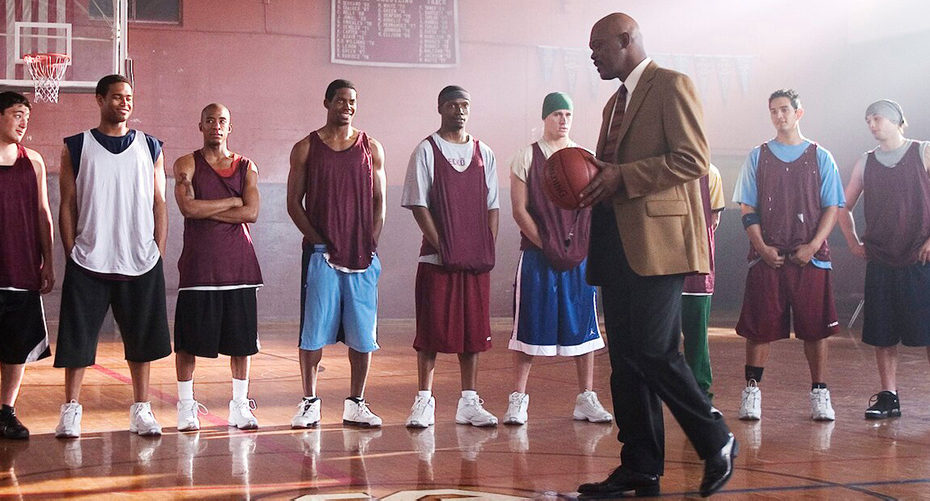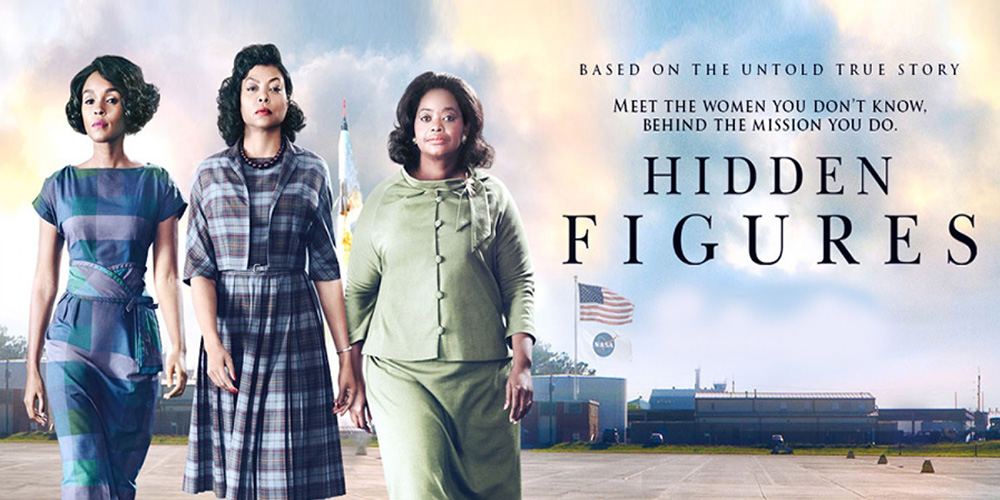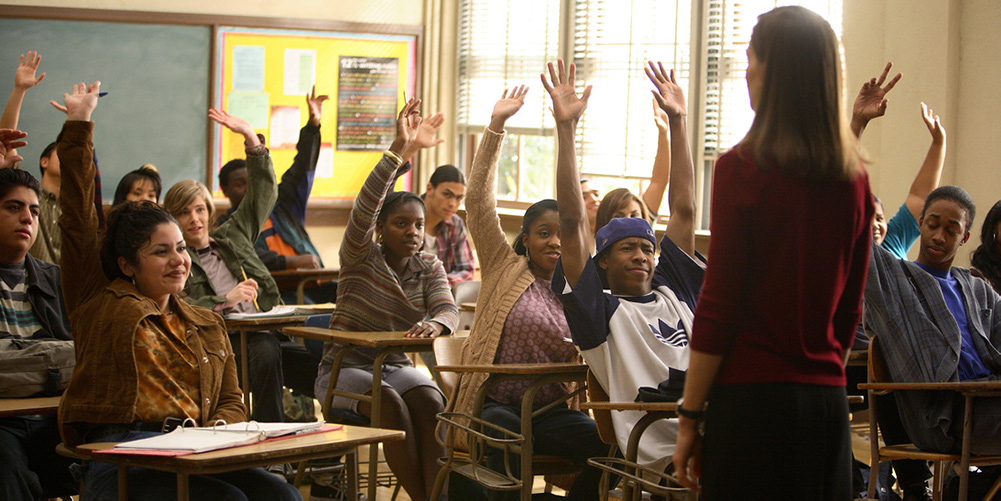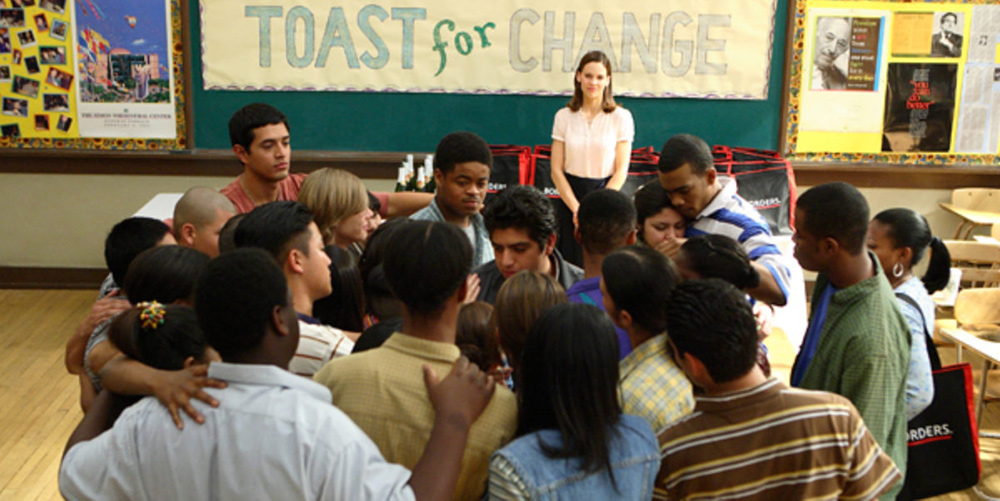In the 1960s, psychologist Marty Seligman inadvertently stumbled upon a finding that can have a profound impact on our happiness and success.
Seligman found that if you subject animals to a painful or adverse experience, then they may fail to avoid that experience in future – even when it’s quite possible to do so. In effect, they ‘learn helplessness’.
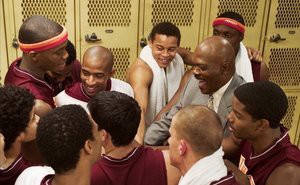
This applies to humans too. As Shawn Achor explains in The Happiness Advantage: “When we fail, or when life delivers us a shock, we can become so hopeless that we respond by simply giving up.”
It’s an easy trap to fall into. You can probably think of times when you’ve been unsuccessful, and when that experience has discouraged you from trying again. Yet in your new situation, the circumstances may well have changed.
Two high school-based movies are great illustrations.
In Coach Carter, high school basketball coach Ken Carter strives to improve his team’s standards not just on the basketball court, but in the classroom too. His aim is to get his students to college – and away from a potential life of crime.
Yet he encounters resistance not only from their parents, but from School Principal Garrison. When Carter responds to his students’ failing academic performance by locking the school gym, Garrison is furious.
“You and I both know that for some of these kids this basketball season will be the highlight of their lives,” she tells Carter. “Well, I think that’s the problem,” he replies. “Don’t you?”

You can see this same attitude in Freedom Writers, where teacher Erin Gruwell arrives at her newly-integrated high school eager to make a difference to her students’ lives. But she discovers the school refuses to give them new books, and many teachers have long since given up trying to teach them.
“You can’t make someone want an education,” the Principal tells her. “The best you can do is try to get them to obey, to learn discipline. That would be a tremendous accomplishment.”
It’s not just the teachers either. The students are equally trapped in this cycle of negativity. Having struggled in their studies, and been treated badly or ignored in the past, they feel there is little prospect for the future – as shown in the scene below.
Learned helplessness is a trap that anyone can fall into. In these examples, it’s the arrival of new teachers – those with no preconceptions and who haven’t been beaten down by ‘the system’ – that instigate change.
Gruwell helps her students reflect on their lives through journalling, and engenders a sense of support and inclusion. This gives them the confidence to believe they can outperform the low expectations the school has for them.
Carter makes academic learning a priority, setting stringent standards and enlisting extra teaching support from his colleagues. In the scene below, he presents a stark reminder of their options, and gives his personal commitment to helping them succeed.
We could all do with a Ken Carter or an Erin Gruwell sometimes. But research shows that anyone can get better at handling adversity, and avoid the trap of learned helplessness.
Seligman went on to study why some people were much better at bouncing back from adverse events than others. He found that the way they explained the nature of past events – having an optimistic ‘explanatory style’ – was key.
As Achor explains: “People with an optimistic explanatory style interpret adversity as being local and temporary (ie ‘it’s not that bad, and it will get better’) while those with a pessimistic explanatory style see these events as more global and permanent (ie ‘it’s really bad, and it’s never going to change’). Their beliefs then directly affect their actions.
So the next time you have a setback, stop and consider for a moment how you’re explaining it to yourself. It could make all the difference.
